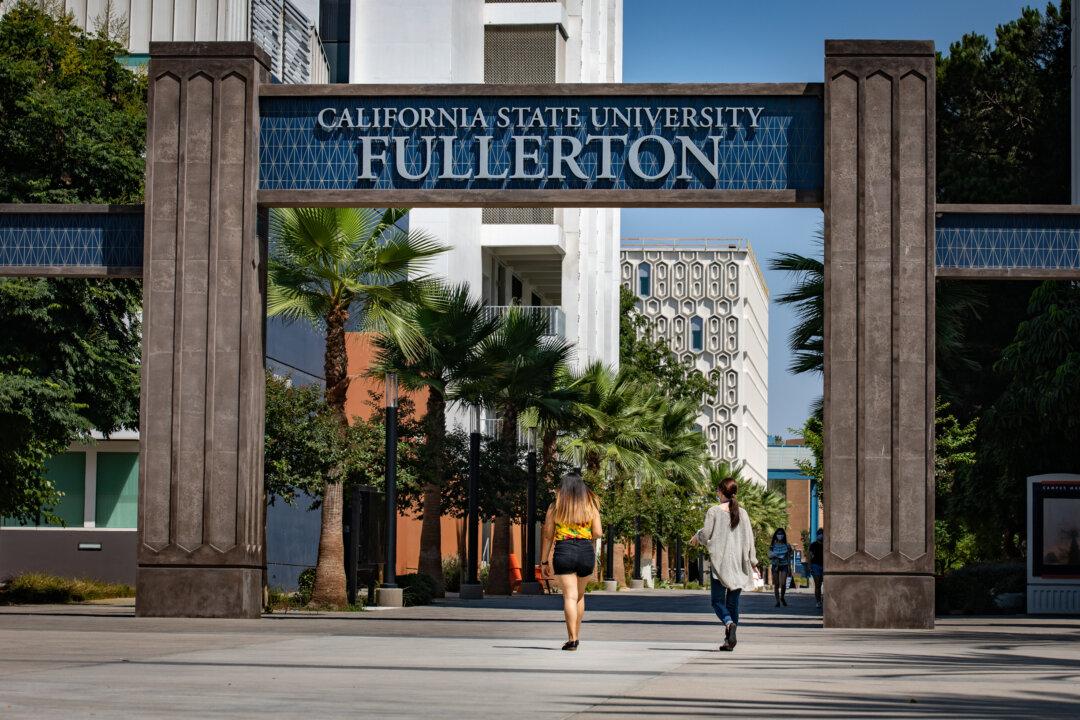Commentary
Employment information jobs in San Jose, San Francisco and Seattle increased five percent in 2020, despite a large number of anecdotal evidence to the contrary—and also despite a six percent decrease of information jobs across the U.S. during the pandemic-ravaged year.





